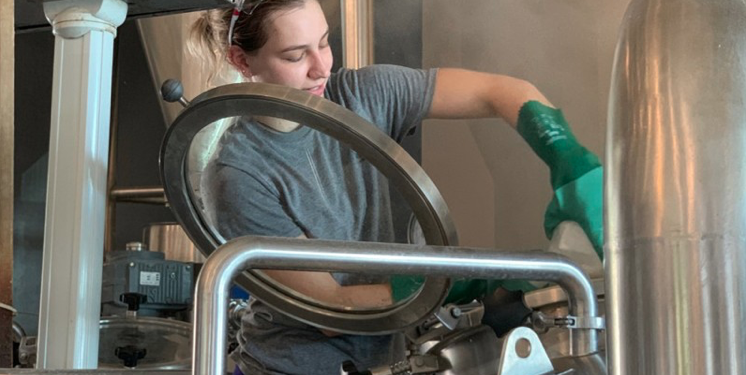“Become a Food Scientist.” A story in UDaily explores the study of food science with University of Delaware student Samantha Martin.
“The major combines the two worlds that I wanted to be a part of. I come from a family of engineers, but I had a culinary background, too,” said Samantha Martin, who worked as a brewer’s assistant.
“My major involves food and chemistry, which are both interests of mine, as well as science and math. It’s perfect for me.”
The study of food sciences investigates why we eat the foods we do, as well as how we can transform raw meat or fresh fruit into something more appetizing.
Awareness of food safety standards is also required. The field of anthropology incorporates aspects of biology, chemistry, chemistry, engineering, mathematics, medicine, nutrition, physics, psychology, and sociology.
Food scientists are occasionally able to find or develop delicious and healthy meals.
For example, food scientists have developed a number of meat imitations that appear to include an ingredient but do not, such as the Impossible Burger, a plant-based meat substitute.
They’ve also created gluten-free bread, pasta, and pastries that look, feel and taste like their gluten-filled counterparts.
Certain food scientists identify natural chemicals with beneficial properties and synthesize them into edible items.
Asli Samanci, a Ph.D.-educated biologist and master’s-educated food scientist, tells her story.























